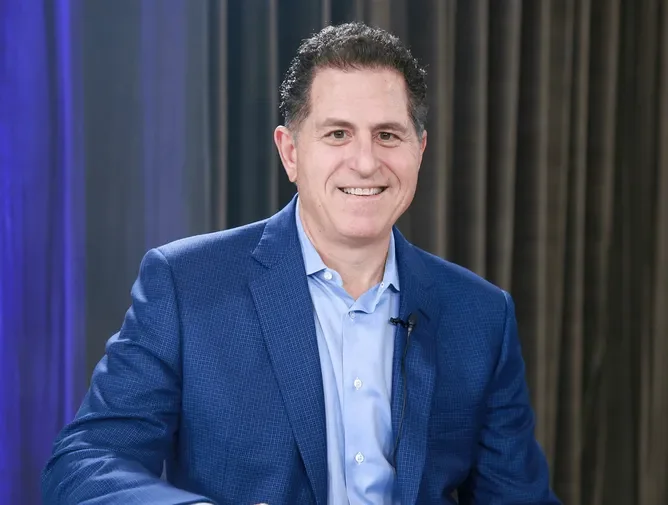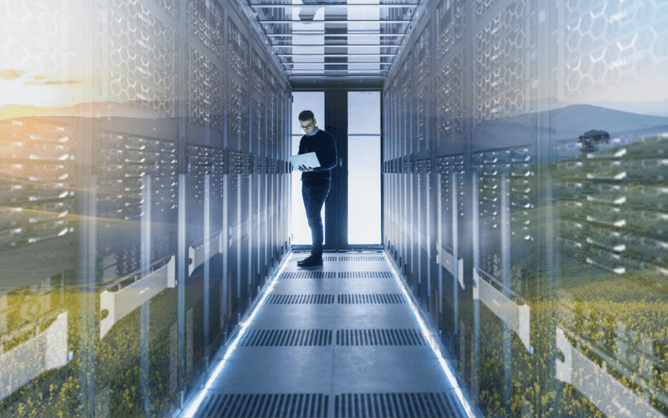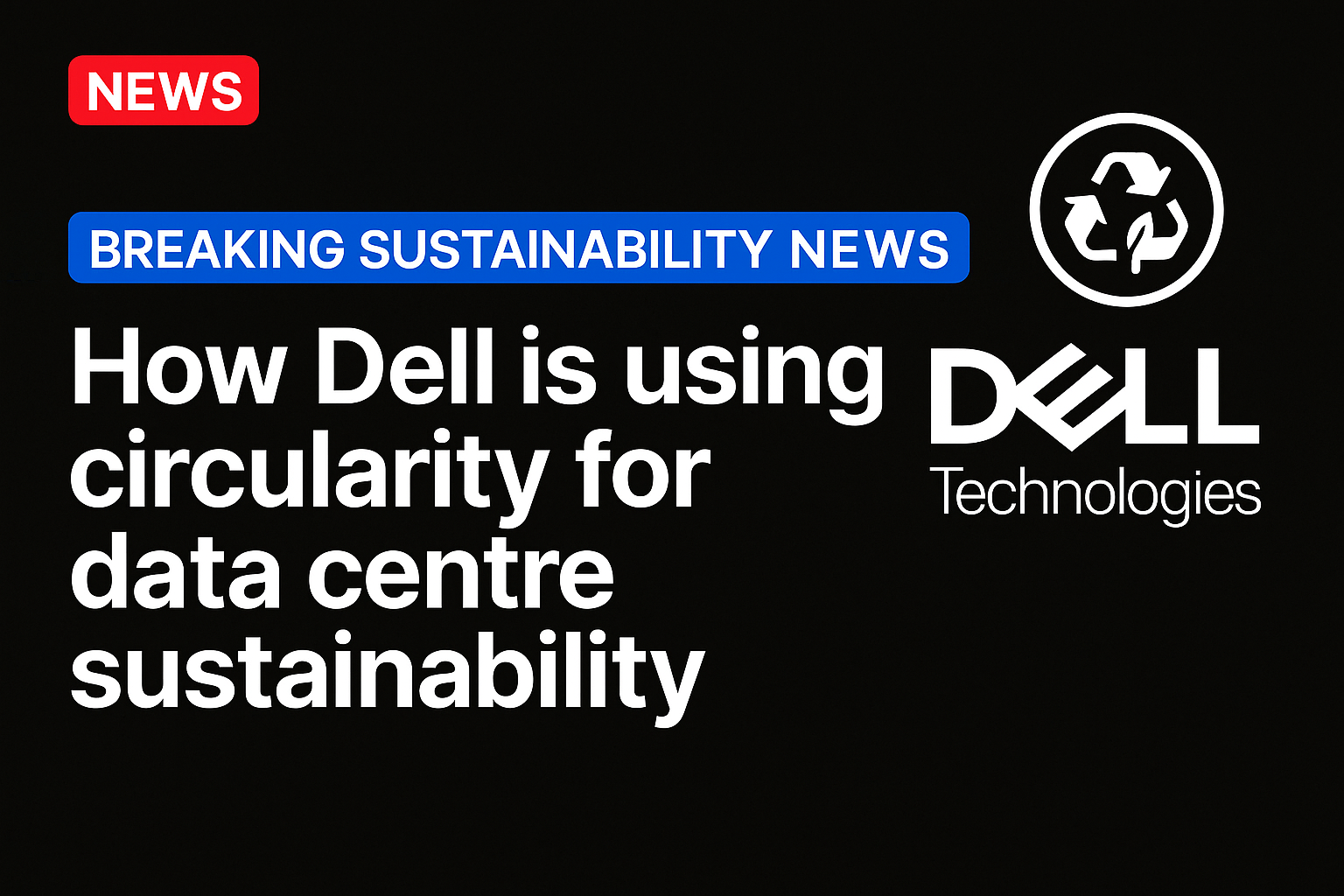Dell Technologies is advancing sustainability in data centres through circular design, AI workload management and innovative cooling solutions
Dell Technologies is tackling the challenge of data centre sustaianability head-on through comprehensive solutions spanning advanced server technology, innovative cooling systems and equipment lifecycle programmes that maximise IT hardware longevity.
Jennifer ‘JJ’ Davis, Senior Vice President of Corporate Affairs at Dell Technologies, outlined the company’s approach during Dell Technologies World 2025.
“We talked about it in our press conference and Michael [Dell] said, ‘Circularity and recycling are taking back old equipment when we sell new equipment,’” said Jennifer.
“We’ve been doing this for as long as I’ve worked here, 25 years almost. It is really core because… when you upgrade, we need to help you do something responsible with that unit and we need all the parts from within that unit or a server or a storage array because we want to turn trash into treasure.”
Circularity in data centres
Circular economy principles drive Dell’s sustainability initiatives, especially within data centre settings where regular technology refreshes create substantial quantities of retired equipment.
Through material recovery from decommissioned servers and storage systems, Dell seeks to minimise electronic waste while fostering a more resource-conscious IT ecosystem.

This methodology extends Dell’s established customer takeback services that synchronise with infrastructure modernisation projects.
Retrieved components undergo direct reuse or processing into new products, creating closed-loop systems that decrease the environmental impact of data centre activities.
Energy-efficient cooling innovations
Dell has also prioritised addressing the power-hungry demands of cooling large-scale computing environments.
The company unveiled new capabilities in May focused on reducing cooling energy consumption, featuring an enclosed rear door heat exchange system and integrated rack management technology.
“With liquid cooling innovation, we now have the brand name PowerCool,” Jennifer explained.
“Going beyond that, how can you not just make the hardware and the optimised software more efficient, but schedule your software at the workload level? If you have a super-intensive workload, you can schedule it through agentic AI to run when the energy is available and then your less-intensive workloads can run at higher peak times.”
This AI-driven workload orchestration marks a major advancement in synchronising energy consumption with grid availability, potentially decreasing dependence on peak capacity and enhancing overall facility efficiency.

AI driving environmental benefits
As AI accelerates demand for enhanced computing power, Dell investigates methods to ensure the technology actively supports environmental goals.
The company introduced Concept Astro, leveraging agentic AI and digital twin technology to improve IT operations and optimise power usage.
“We are working on AI for green,” Jennifer said.
“It’s not just how to make AI infrastructure more efficient, but what problems – big problems – can AI solve? You can apply them to healthcare and farming and all kinds of areas that are desperately needing this scale to solve these problems.”

Deploying AI for environmental initiatives reflects Dell’s conviction that data centre operators can harness emerging technologies to achieve performance alongside sustainability objectives.
Through digital modelling and operational simulation, IT teams can discover energy reduction opportunities while maintaining service quality.
A comprehensive environmental approach
Dell’s sustainability framework integrates hardware engineering, AI-powered workload optimisation, and responsible disposal practices.
This strategy offers data centre operators multiple avenues to reduce emissions while accommodating the growing power requirements of AI and cloud technologies.
The company’s initiatives mirror an industry-wide movement toward integrating sustainability into fundamental infrastructure strategy. For Dell, this involves supporting operators in reducing server-level energy consumption while encouraging strategic thinking about workload distribution, equipment lifecycles, and AI’s potential for widespread improvements.
With the data centre industry under mounting environmental pressure, Dell’s “transforming waste into valuable resources” philosophy illustrates how circular economy principles, technological innovation, and smart energy management can deliver measurable environmental outcomes.
Source: https://sustainabilitymag.com/




